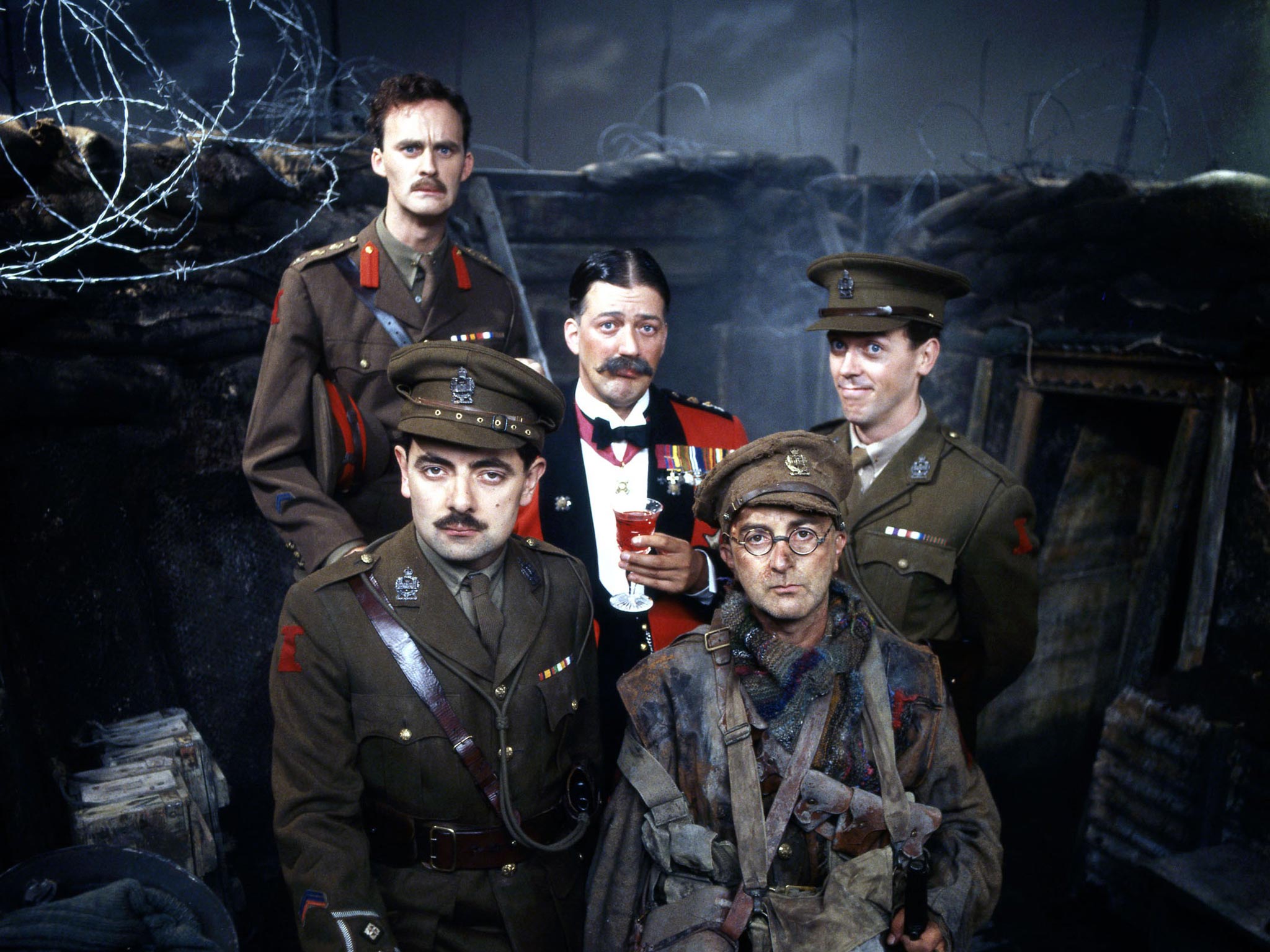It doesn't matter if a TV show is set during the potato famine, WW1 or the Holocaust — that doesn't make it offensive
Tens of thousands of people have signed a petition against a new show set during the Irish Famine. Have they never watched TV before?

Who could laugh at one million people starving to death? This is one side of the argument currently exploding in tweets and Facebook comments over Channel 4’s announcement of a new sitcom based in the Great Irish Famine, called 'Hungry'.
A petition against the show has already managed some 34,000 signatures, calling for the show, of which not a single episode has yet been made, to be cancelled. If you ever needed proof that tens of thousands of people are incapable to seeing past a headline and thinking for themselves, this is it.
The petition’s signers, it seems, have never seen a TV comedy. No, mass-starvation is not funny. No, the forced migration of a million people is not funny. But what kind of show are people expecting? Do we really envision an entire sitcom where starving Irish people point to their emaciated bodies and, what, a studio audience bursts into giggles? Will we see blackened, withered potatoes pulled from the diseased ground accompanied by whoops of canned laughter?
The offence junkies have failed to see the difference between comedy about the Famine and a comedy set during the Famine. The difference is crucial, and has been key to so many successful comedies. The slaughter of the First World War wasn’t funny and yet Black Adder Goes Forth, set in the trenches, was. The Holocaust couldn’t be further from humour and yet Life is Beautiful, set in a concentration camp, was very funny. Northern Ireland’s sectarian “Troubles” weren’t funny and yet the TV comedy Give My Head Peace, which featured characters who are members of Belfast terror groups, was.
These shows managed more than just humour. By never denying or masking the terrible realities of their characters’ situations, these comedies succeed in showing humanity against a backdrop of inhumanity They never diminished the unfolding tragedy, but highlighted it.
Take Life is Beautiful. We smile at a Jewish father’s attempt to convince his small son that their concentration camp is really a fun summer camp. This is hardly a crude Holocaust joke; humour is used to convey the tragedy of love and innocence when faced with evil. The humour makes the tragedy starker, not trivial. There is no reason for the same not to work with the Famine.
But this is all to take the petition to Channel 4 at face value. There is likely another, more political agenda of the complaints. It may suit a minority of Irish people to feel that “The English” hate us; to paint an image of The Englishman as a cruel Lord in his distant castle. It feels nice to be the victim.
But colonial England left Dublin long ago. Today they give us their highest points in Eurovision and vote our accent as sexist on Earth; the anti-Irish point just doesn’t stand anymore. In any case, the show has been conceived by a Dubliner, something which the petition has failed to mention.
The show has only just been commissioned. If it really is a series of jokes mocking starvation then trust me, I’ll be straight to the front of the complaints queue, but I strongly doubt it.
To find humour in even the most tragic circumstances is a great human trait and something the Irish pride ourselves on. I hope we haven’t lost that.

Join our commenting forum
Join thought-provoking conversations, follow other Independent readers and see their replies